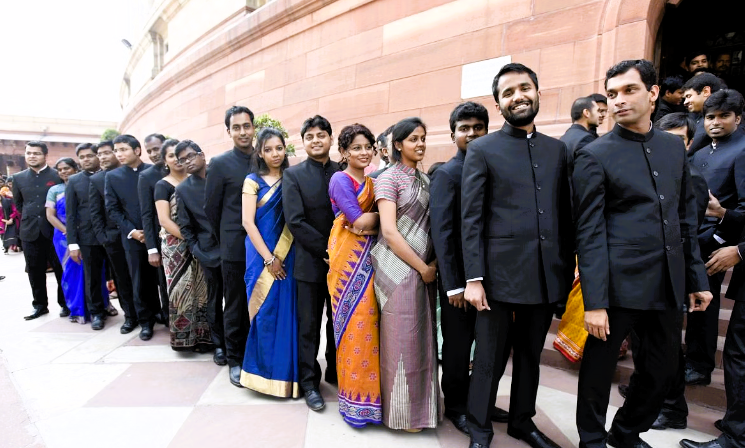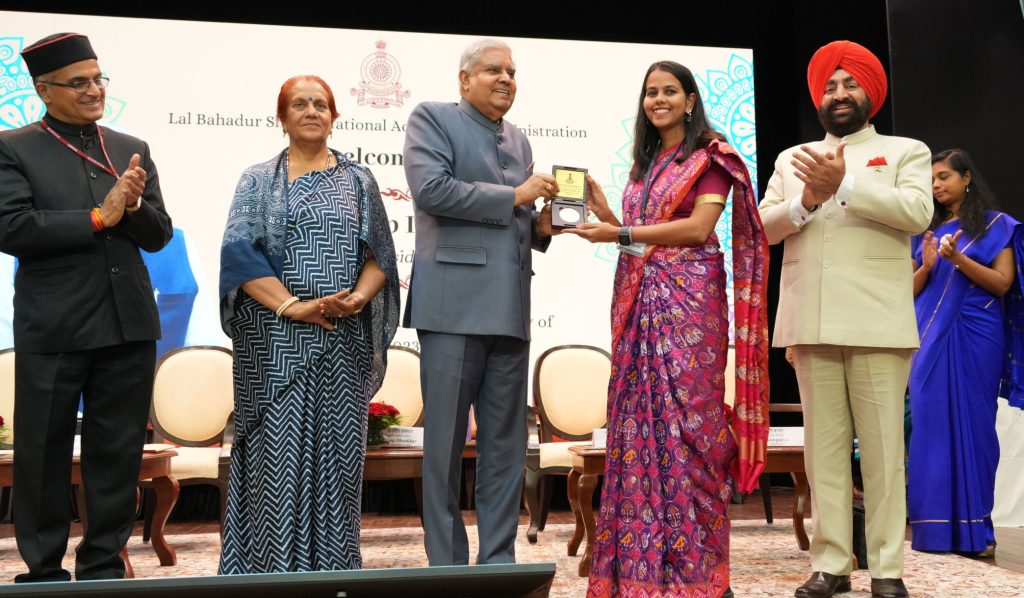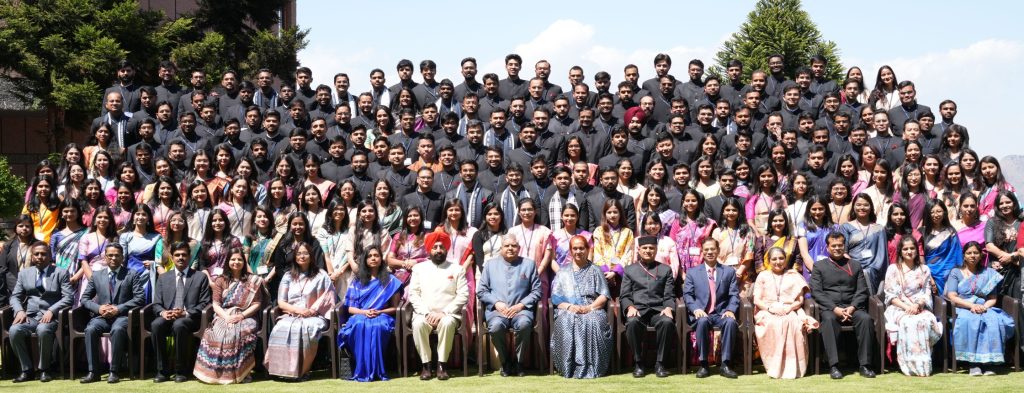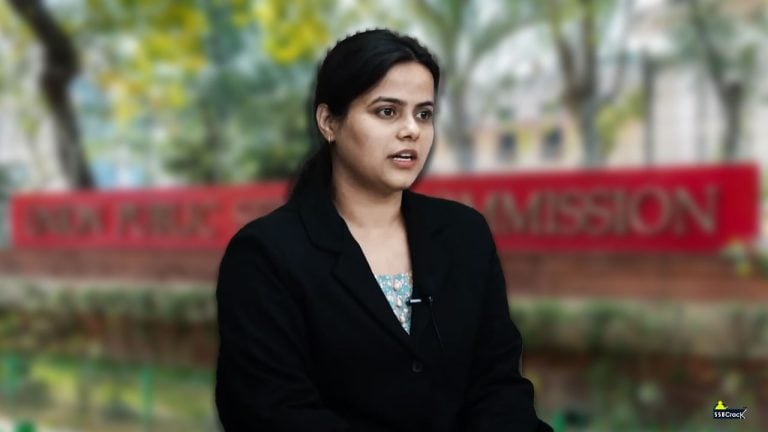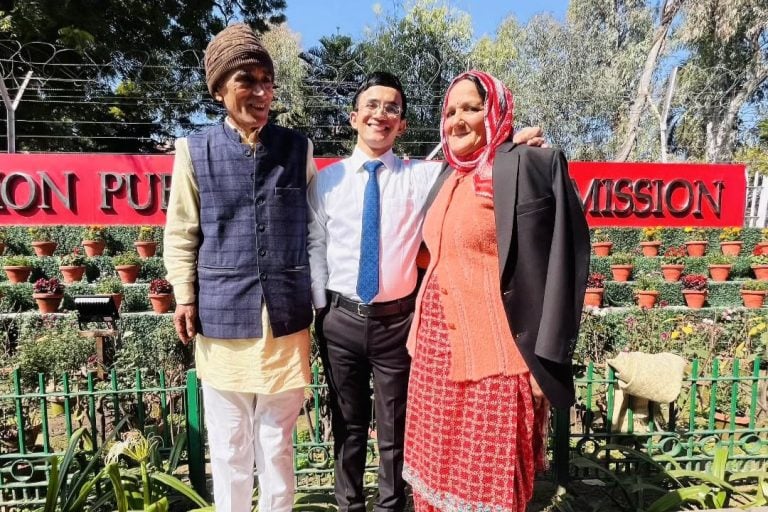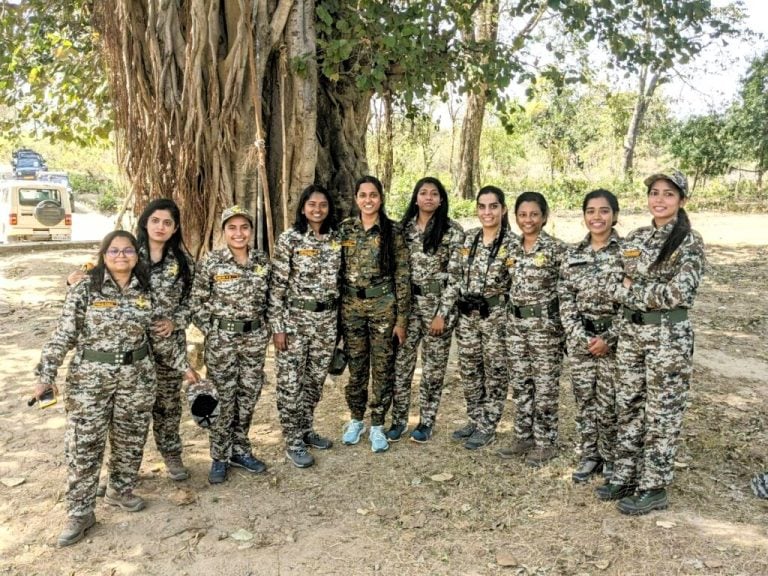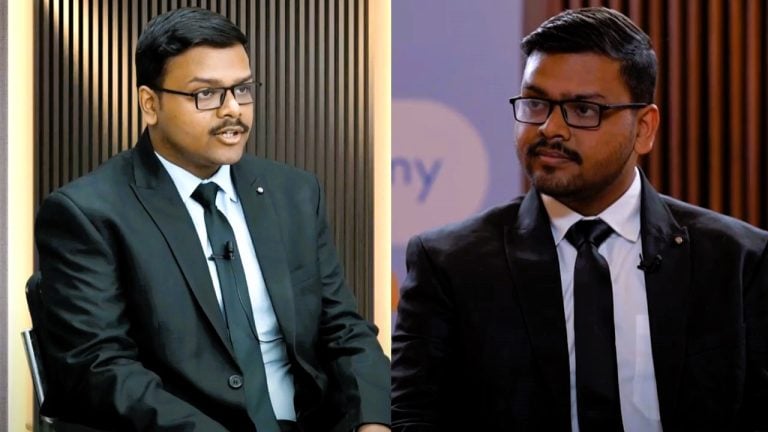Are you aspiring to join the prestigious Indian Administrative Services (IAS) and wondering about the UPSC age limit? Look no further, as we provide you with a comprehensive guide to the UPSC eligibility criteria, including the age limit and IAS officer qualification. The Union Public Service Commission (UPSC) releases detailed guidelines for the eligibility criteria, which are essential to understand before you start your journey towards becoming an IAS officer. In this article, we will delve into the UPSC age limit for 2024, educational qualifications, and other important requirements to help you navigate through the process successfully.
Let’s now explore each aspect of the UPSC eligibility criteria in detail.
Introduction to UPSC Eligibility Criteria
Before we dive into the specifics of the UPSC age limit and educational qualifications, let’s understand the importance of the UPSC eligibility criteria. The UPSC conducts the Civil Services Examination (CSE) to select candidates for various prestigious services, including the IAS, IPS, and IFS. The eligibility criteria serve as a benchmark to ensure that only deserving and qualified candidates are considered for these positions. It is crucial to carefully review and meet the eligibility requirements to avoid disqualification at any stage of the examination process.
UPSC Age Limit
The UPSC age limit is a critical factor to consider when aspiring to become an IAS officer. The age limits vary based on the category of the candidate and are subject to certain relaxations. Let’s explore the age limits for different categories.
Age Limit for General Category
For candidates belonging to the General category, the minimum age limit to appear for the UPSC examination is 21 years. The maximum age limit for General category candidates is 32 years as of August 1, 2024. It is important to note that the UPSC calculates the age as of August 1 of the examination year. Therefore, if you are applying for the UPSC exam in 2024, you should not have been born before August 2, 1992.
Age Limit for Reserved Categories
The age limit for candidates belonging to reserved categories is subject to certain relaxations. Here is a table summarizing the age limits for different reserved categories:
| Category | Minimum Age Limit for UPSC | Maximum Age for UPSC |
|---|---|---|
| General | 21 | 32 |
| OBC | 21 | 35 |
| SC | 21 | 37 |
| ST | 21 | 37 |
| EWS | 21 | 32 |
Please note that these age limits are subject to government regulations and may change from time to time. It is advisable to refer to the official UPSC notification for the most accurate and up-to-date information.
Age Relaxation
The UPSC provides certain relaxations in the upper age limit for candidates belonging to specific categories. Here are the age relaxations for different categories:
- OBC (Other Backward Classes): Candidates belonging to the OBC category are eligible for a relaxation of 3 years in the upper age limit. This means the maximum age limit for OBC candidates is 35 years.
- SC/ST (Scheduled Caste/Scheduled Tribe): Candidates from the SC/ST category are eligible for a relaxation of 5 years in the upper age limit. Therefore, the maximum age limit for SC/ST candidates is 37 years.
- EWS (Economically Weaker Section): EWS candidates are eligible for a relaxation of 3 years in the upper age limit, similar to OBC candidates.
It is important to note that age relaxations are cumulative. For example, an OBC candidate who is 35 years old can avail of an additional relaxation of 3 years if they fall under any other eligible category, such as being a defense personnel or ex-servicemen.
Educational Qualifications
Apart from the age limit, educational qualifications are another essential aspect of the UPSC eligibility criteria. Let’s explore the educational qualifications required to appear for the UPSC examination.
Minimum Qualification
To be eligible for the UPSC examination, candidates must possess a graduation degree in any discipline from a recognized university or an equivalent qualification. There is no specific requirement for the percentage of marks obtained in the graduation degree. However, the candidate must possess a valid degree at the time of filling the UPSC application form.
Final Year Students
Candidates who are in their final year of graduation and awaiting their results can also apply for the UPSC examination. However, such candidates must submit proof of passing the graduation examination at the time of the UPSC mains examination application. It is essential to ensure that the final year results are declared before the UPSC mains examination to be eligible for further stages of the selection process.
Requisite Percentage
Unlike some other competitive examinations, there is no specific percentage requirement for the UPSC examination. As long as the candidate holds a valid graduation degree from a recognized university, the percentage of marks obtained does not affect their eligibility. The focus is primarily on possessing the required educational qualification rather than achieving a particular percentage.
Nationality
Nationality is an important criterion for appearing in the UPSC examination. Let’s understand the eligibility criteria based on nationality.
Eligibility for IAS, IPS, and IFS
To be eligible for the Indian Administrative Service (IAS), Indian Police Service (IPS), and Indian Foreign Service (IFS), the candidate must be a citizen of India. Only Indian nationals are eligible to apply for these prestigious services.
Eligibility for Other Services
Candidates aspiring to join other services under the UPSC examination have additional eligibility criteria. Apart from Indian citizens, the following individuals are also eligible to apply:
- Nepal or Bhutan: Candidates who are subjects of Nepal or Bhutan are eligible to apply for the UPSC examination.
- Tibetan Refugees: Tibetan refugees who came to India before January 1, 1962, with the intention of permanently settling in India are also eligible to apply.
- Migrants from Specific Countries: Candidates who are Indian citizens but have migrated from certain countries, including Burma, Sri Lanka, Pakistan, Uganda, African countries, Malawi, the United Republic of Tanzania, Zaire, Ethiopia, and Vietnam, with the intention of permanently settling in India, are eligible to apply. However, they need to obtain a certificate of eligibility issued by the Indian government.
Candidates falling under categories 2 and 3 mentioned above should note that they can take the UPSC examination without the certificate of eligibility. However, they will receive an offer of appointment only after obtaining the certificate from the Indian government.
Number of Attempts
The number of attempts allowed for UPSC examinations is another crucial factor to consider. The UPSC has set certain limits on the number of attempts based on the candidate’s category. Let’s explore the number of attempts allowed for different categories:
- General Category: Candidates belonging to the General category are allowed a maximum of 6 attempts to clear the UPSC examination. However, it is important to note that the age limit of 32 years still applies.
- OBC (Other Backward Classes): OBC candidates can avail of up to 9 attempts to clear the UPSC examination. The age limit for OBC candidates is 35 years.
- SC/ST (Scheduled Caste/Scheduled Tribe): Candidates belonging to the SC/ST category have unlimited attempts until they reach the maximum age limit of 37 years.
- Ex-Servicemen/Benchmark Disability – EWS (Economically Weaker Section)/Disabled Defense Services Personnel: Ex-servicemen and candidates with benchmark disabilities from EWS category or defense services personnel with disabilities are allowed up to 9 attempts until they reach the age of 42.
It is important to note that each attempt counts irrespective of whether the candidate appeared for the examination or not. It is advisable to plan and utilize the attempts wisely to maximize the chances of success.
Latest News and Updates
Staying up to date with the latest news and updates regarding the UPSC age limit and eligibility criteria is crucial for aspirants. The Department of Personnel and Training (DoPT) and the UPSC periodically review and update the eligibility criteria. It is important to keep an eye on official notifications and reliable sources for any changes or updates in the age limit or other eligibility criteria.
Summary of IAS Qualification
To summarize, the UPSC eligibility criteria are crucial for aspirants aiming to join the Indian Administrative Services. The age limit, educational qualifications, and other requirements determine the eligibility of candidates for the UPSC examination. It is essential to fulfill all the eligibility criteria, including the age limit, educational qualifications, and nationality requirements, to be considered eligible for the selection process.
In conclusion, understanding the UPSC eligibility criteria, including the age limit and educational qualifications, is crucial for aspirants aiming to join the Indian Administrative Services. The UPSC sets certain criteria to ensure that only deserving and qualified candidates are selected for these prestigious positions. It is important to review and meet the eligibility requirements before applying for the UPSC examination. Stay updated with the latest news and official notifications to be well-informed about any changes or updates in the eligibility criteria. With proper preparation and dedication, you can navigate through the UPSC examination successfully and achieve your dream of becoming an IAS officer.
FAQs on UPSC Eligibility and Age Limit
Here are some frequently asked questions regarding the UPSC eligibility criteria and age limit:
Q1: What is the UPSC age limit?
The UPSC age limit for the General category is 32 years as of August 1, 2024. The minimum age to appear for the UPSC examination is 21 years.
Q2: What is UPSC eligibility?
The UPSC eligibility criteria include the age limit, educational qualifications, and nationality requirements. Candidates must meet these criteria to be considered eligible for the UPSC examination.
Q3: What is the UPSC age limit for SC and ST?
The UPSC age limit for SC and ST candidates is 37 years as of August 1, 2024.
Q4: What is the minimum UPSC exam eligibility educational qualification percentage?
There is no specific requirement for the minimum percentage of marks in the educational qualification. As long as the candidate holds a valid graduation degree, the percentage of marks obtained is not a factor.
Q5: How many attempts can SC and ST applicants take according to the UPSC eligibility criteria?
SC and ST candidates can take an unlimited number of attempts until they reach the age limit of 37 years.
Q6: What is the UPSC age limit for female candidates?
There is no relaxation in the UPSC age limit for female candidates. The age limit for female candidates is the same as that for male candidates.
Q7: Can I become an IAS officer at the age of 40?
If you belong to the reserved category of Persons with Benchmark Disability – EWS, the UPSC age limit is 42 years.
Q8: Did UPSC reduce the age limit?
No, as per the latest news, the UPSC age limit for the General category remains the same, i.e., 32 years.
Q9: Is 26 too late for UPSC?
No, 26 is not too late to appear for the UPSC examination. The minimum age limit is 21 years, and the maximum age limit for the General category is 32 years.
Q10: Can final year students apply for UPSC 2023?
Yes, final year students can apply for the UPSC examination. However, they must submit proof of passing the graduation examination at the time of the UPSC mains examination application.
Q11: Can a foreigner become an IAS officer according to UPSC eligibility criteria?
No, only Indian nationals are eligible to become IAS officers. Non-Indian citizens are not eligible for the post.
Q12: Who can take the UPSC exam?
Candidates fulfilling the UPSC eligibility criteria, including the age limit, educational qualifications, and nationality requirements, can take the UPSC examination.
Q13: What educational qualification is required for IAS?
To be eligible for the IAS, candidates must possess a graduation degree in any discipline from a recognized university.
Q14: Is graduation necessary for UPSC?
Yes, graduation is a mandatory requirement for the UPSC examination. Candidates must possess a valid graduation degree to be eligible for the post.
Q15: What is the maximum age for UPSC?
The maximum age limit for the UPSC examination varies based on the candidate’s category. For the General category, the maximum age limit is 32 years.
